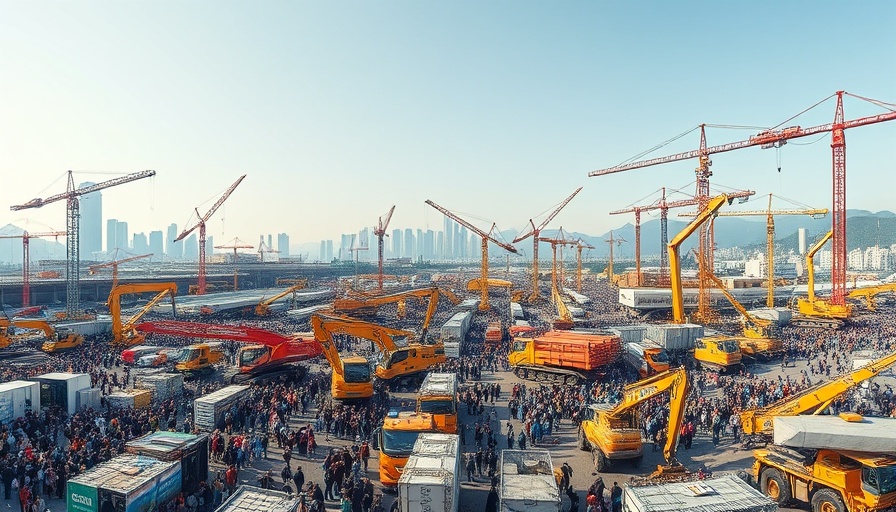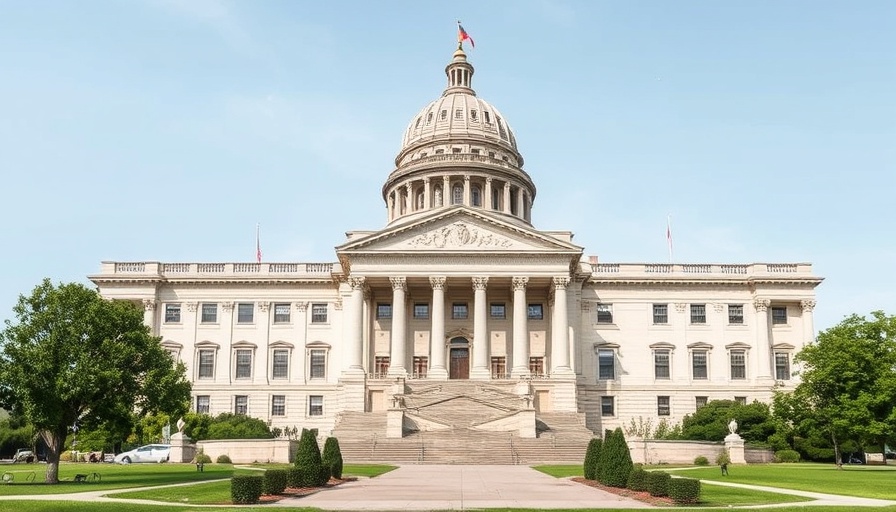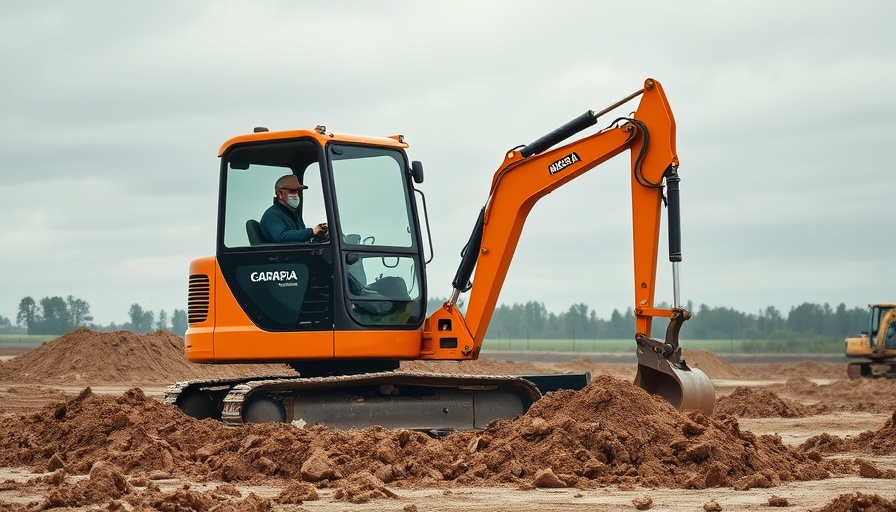
Understanding the New Landscape of DEI Policies
The construction industry is at a crossroads with diversity, equity, and inclusion (DEI) initiatives under the Trump administration. With the recent executive orders aimed at curbing certain DEI practices, construction companies are compelled to reassess their strategies. Historically, the sector has been characterized by a lack of diversity. According to the Bureau of Labor Statistics, the representation of women and people of color remains well below that of the overall workforce. This situation not only calls for introspection but also poses new challenges coming from both government regulations and the expectations of a diverse workforce.
Legal Implications of Trump’s Executive Orders
President Trump’s executive order, issued on January 21, 2025, emphasizes a merit-based approach, making it a requirement for businesses to reconsider existing DEI programs. This directive is directed primarily at government contractors, signaling a significant shift in how diversity efforts are evaluated. Companies must now navigate this complex landscape carefully to avoid potential legal repercussions stemming from their DEI initiatives. The new regulations require construction companies to not only comply with the law but also align their recruitment and promotion strategies accordingly, raising questions about their commitment to inclusivity.
The Broad Impact on Construction Workforces
As companies reexamine their approaches to inclusion, it’s essential to consider the broader implications of these executive orders on workplace culture and employee morale. A more uniform workforce may lead to renewed tensions and challenges as workers advocate for their rights and equitable treatment. Past efforts to promote diversity such as mentorship programs and targeted recruitment may now face scrutiny, leading to potential pushback from employees who believe that diversity enhances innovation and creativity within teams.
Strategies for Moving Forward in a New DEI Environment
Construction companies have several paths they can take in response to the shifting DEI landscape. Leaders can reaffirm their commitment to diversity by exploring alternatives to existing policies that comply with government regulations yet still prioritize equitable practices. Some firms might choose to take a “wait-and-see” approach, evaluating the forthcoming implications of these legal changes before implementing their strategies. However, those that choose to double down on DEI efforts might consider redefining what merit-based opportunities look like within their organizations.
Community Perspective: The Push for Change
The push for diversity in construction isn't merely about compliance; it’s about evolving societal norms. Many within the construction community are calling for a shift toward more inclusive practices that reflect a commitment to change, suggesting that construction companies actively engage with their communities. This social focus can create a more competitive advantage in talent acquisition since diverse workforces often yield better outcomes and foster innovation.
Embracing the Future: Opportunities amid Challenges
Despite the difficulties that current DEI challenges present, they also open up opportunities for construction firms to lead in the conversation around equitable workplaces. By aligning their practices with the values of a diverse workforce and integrating community engagement into their business strategies, construction companies can position themselves not only as compliant with regulations but as industry leaders in DEI.
Taking Action: Where Do We Go from Here?
With an evolving landscape regarding DEI, construction companies should take proactive measures to stabilize and evaluate their DEI policies. In this climate, open dialogue with employees about diversity and representation can be critical. Moreover, investing in training and development opportunities for all employees, regardless of their backgrounds, can build a more resilient workforce that is not only compliant but also committed to constructive change. As the industry navigates these uncharted waters, the emphasis must remain on integrity and equity.
In conclusion, as construction companies grapple with compliance under the Trump administration, leveraging community voices and prioritizing genuine engagement will be vital in advancing diversity efforts. It’s imperative that these firms recognize the challenges presented and adapt their strategies accordingly to thrive in a future that values inclusivity and fairness.
 Add Row
Add Row  Add
Add 






Write A Comment